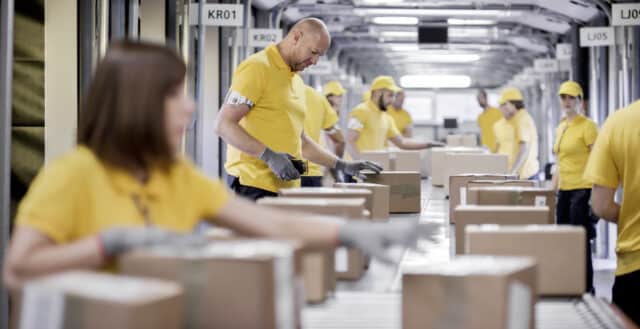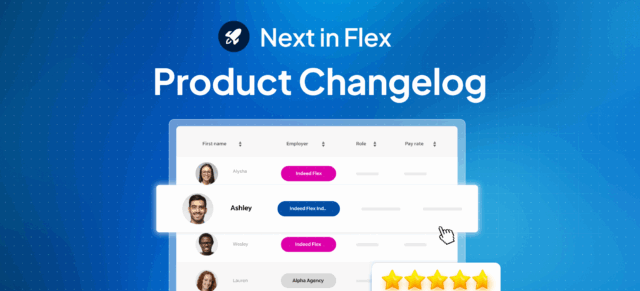
By updating their approach to workplace flexibility, organisations can expect an increase in productivity and a reduction in staff absenteeism.
What does flexibility in the workplace mean?
According to Woodbury University, job satisfaction today is often tied to flexibility in the workplace. Flexibility no longer means the option to work from home. Organisations must understand what workers mean by the demand for flexibility. In modern terms, flexibility means a range of things and usually includes a mixture of a few, including: Flexibility in:
- Contracted hours
- Schedule
- Location
- Choice of shifts
- Opportunities for time off
The current state of the staffing industry
The continuation of the COVID-19 pandemic has taken the economy through unprecedented twists and turns. The UK has seen restrictions ease and tighten throughout, having a significant impact on consumer trends. The lead up to Brexit is hitting the staffing industry hard.
As many as 1.3million people born abroad left the UK between July 2019 and September 2020, leading to the single largest population decline since World War II. The number of job vacancies in the hospitality industry has risen by 46%. With the worker pool greatly depleting, organisations are set to struggle to fill roles – particularly in the retail, industrial and hospitality industries.
The impact on the worker
Research shows a rise in the demand for flexibility and the importance of a work-life balance exacerbated by the pandemic. According to a new survey, 1/3 of UK employees would look for a new job if their company did not allow flexible working.
Working from home
A large amount of the global workforce were given the opportunity to work from home, whilst others benefited from government-run benefit schemes such as furlough. It’s a massive adjustment for workers to be expected back full-time, on a rigid schedule and is understandably being met with a lot of apprehension.
Mental wellbeing
Living through a global pandemic has understandably had an adverse effect on workers. Data from the Office for National Statistics (ONS) found that the number of people diagnosed with depression has doubled. This has really highlighted the importance of our physical and mental health, especially when it comes to the workplace. Workers want an organisational culture that shows sensitivity to mental health and that will accommodate any resources needed, including time off.
What steps should organisations take towards offering flexibility?
The Microsoft Work Trend Index found that 40% of people want to change jobs this year. With the majority of organisations unable to afford the loss of 40% of their workforce, it’s crucial that they examine their brand offering. In the current climate investing in strategic actions towards flexibility will lead to attracting the right talent and to protecting against loss from employee turnover.
Speak to your current employees
Your current employees will be able to provide some really valuable insights. By talking to your team about how they are feeling and what they want to see more/less of, you’re going to understand the holes in your talent strategy further.
Keep up with industry trends
Understand the state of your organisation’s industry and how this could potentially affect your workers. For example: in peak seasons, ensure you are equipped with the right sized team to support consumer demand efficiently.
Don’t lose out to your competitors
Workers have made it clear they will go where the flexibility opportunities are. If your competitors offer better benefits than you, you’re more likely to find your employees looking around.
Consider a blended workforce
Enhance your employee resources by having a mixture of full-time, part-time and temporary workers. This staffing strategy will enable you to cater to more of your employees’ lifestyles and their personal demands around working hours.
Are you looking for personalised advice on flexibility? You can book in for a call with one of our staffing experts.








